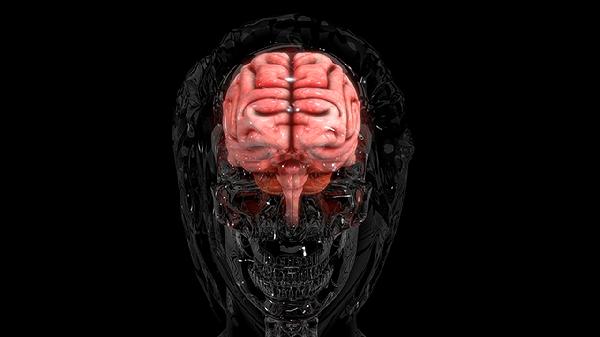Want to remember names, facts, and even that random password you swore you’d never forget? Turns out, your brain isn’t the unreliable hard drive you think it is—it’s more like a supercomputer waiting for the right cheat codes. Neuroscience has cracked the secrets to turbocharging memory, and the best part? You don’t need a PhD to use them.

Your Brain on Memory: The Science Behind the Magic
Memory isn’t just one thing—it’s a whole network of brain regions working together like a well-oiled machine. The hippocampus (your brain’s save button) teams up with the prefrontal cortex (the CEO of focus) to encode and retrieve info. But here’s the kicker: your brain loves patterns, emotions, and weirdness. The weirder or more emotional the info, the stickier it becomes. That’s why you remember your first kiss but blank on your coworker’s lunch order.
Hack #1: Turn Boring Info Into a Wild Story
Your brain zones out when facts feel like a grocery list. But weave them into a ridiculous story? Instant glue. For example, if you need to remember that Napoleon’s horse was named Marengo, picture the tiny emperor riding a giant mango (yes, the fruit) into battle. Absurd? Absolutely. Unforgettable? You bet.
Hack #2: The Spacing Effect (AKA Why Cramming is a Scam)
Pulling all-nighters before a test? Neuroscience says stop. Your brain strengthens memories during downtime, not while you’re drowning in flashcards. Instead, space out review sessions—10 minutes today, 10 tomorrow—and watch recall skyrocket. It’s like muscle memory, but for your neurons.
Hack #3: Move Your Body, Upgrade Your Brain
Exercise isn’t just for abs—it’s memory fuel. Physical activity pumps oxygen to your brain and triggers BDNF (a protein that’s basically Miracle-Gro for neurons). Even a 20-minute walk can make your hippocampus work like it’s got a double espresso shot.
Hack #4: Sleep Like Your GPA Depends On It (Because It Does)
Skimping on sleep is like hitting “delete” on half your day’s learning. During deep sleep, your brain replays and consolidates memories. No sleep? Those Spanish vocab words might as well be alphabet soup. Pro tip: Naps count.
Hack #5: Teach It to Win It
Ever notice how you really know something after explaining it to a friend? That’s the “protégé effect”—teaching forces your brain to organize info clearly. No willing victims? Pretend you’re lecturing your cat. Judge-y stares optional.
The Bottom Line
Your brain’s not broken; it’s just waiting for you to speak its language. Ditch rote memorization for neuroscience-backed tricks, and you’ll be shocking people with your recall in no time. Now go forth and memorize something useless—like all the U.S. presidents in order—just to flex.























